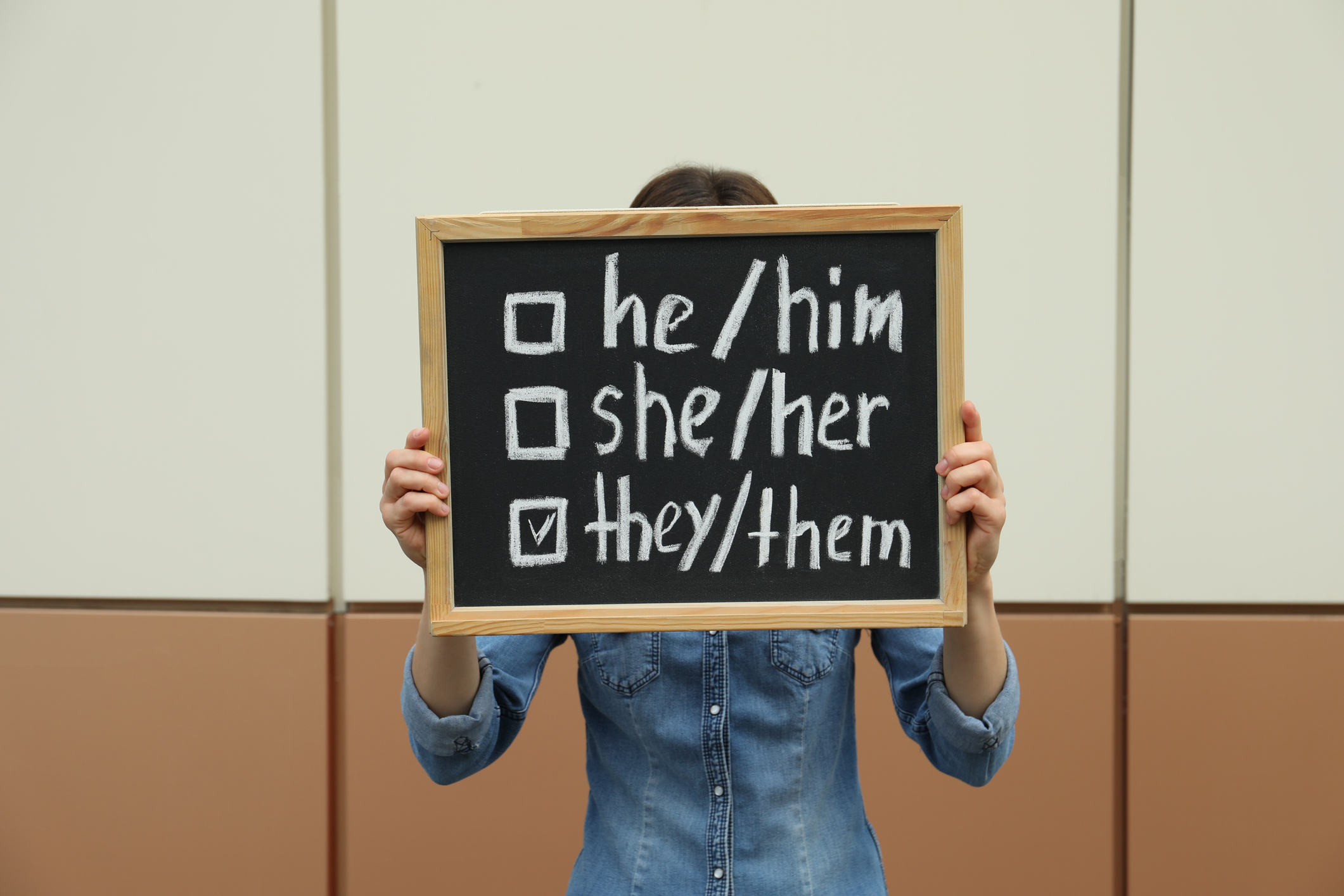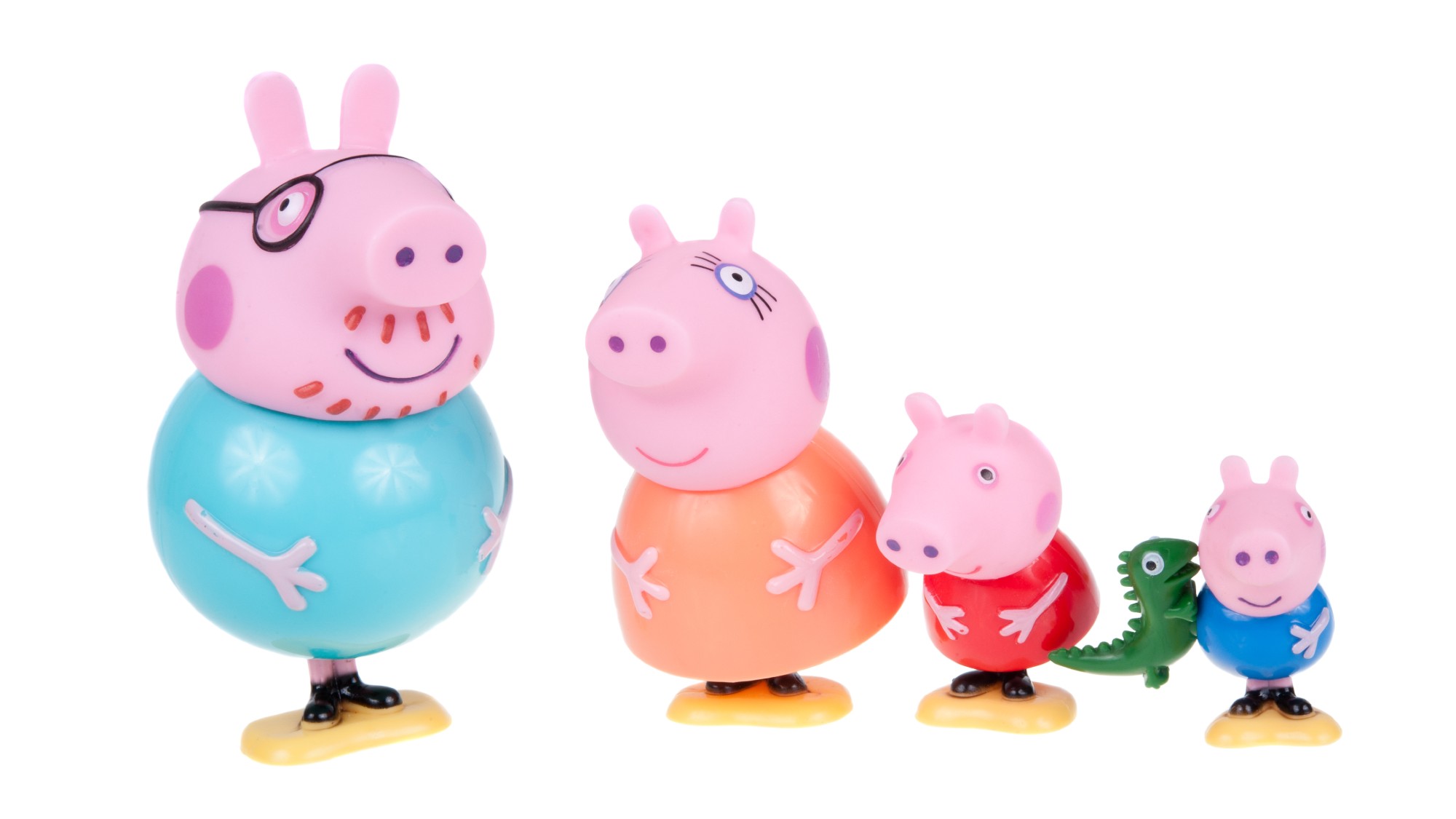The gender wars
Extremists and reactionaries are demanding simplistic, black-and-white answers to complex questions


A free daily email with the biggest news stories of the day – and the best features from TheWeek.com
You are now subscribed
Your newsletter sign-up was successful
Does gender have a biological basis? Or are "male" and "female" merely socially conditioned "performances"? Or is gender purely a subjective experience of identity that has nothing to do with chromosomes, genitalia, and internal plumbing? Gender has become such a radioactive issue that even asking such questions can be taboo, and trigger condemnation, professional cancellation, and threats of physical harm. As Conor Friedersdorf says this week in The Atlantic, many Americans have become "reluctant and even terrified" to publicly voice opinions on this issue, which trans activists and right-wing culture warriors have turned into a battle of dogmatic extremes.
On one extreme, academics and some progressives now insist that everyday language be policed to avoid offending trans people. "Women" is out. Instead, say "pregnant people" and "people who menstruate." If 14-year-olds announce they are trans, the proper response is "gender-affirming" care in the form of puberty blockers, hormones, and even mastectomies. To question whether such treatments are being prescribed too hastily, or to point out they can cause permanent infertility and sexual dysfunction, is to be "transphobic." On the other extreme, social conservatives have made it a crime in 13 states to help minors transition — even after parental consent and extended periods of psychological assessment. Missouri recently issued an edict banning gender treatments for adults. As is so often the case, most Americans are uncomfortable with the ideological extremes. They don't want government intrusion into parental and personal decisions — but they also recoil from replacing "mothers" with "birthing people," and from opening women's sports and locker rooms to athletes with penises. Reasonable people operating in good faith might find some humane middle ground on these fraught issues. But reasonable voices are in short supply, and drowned out by the loudest, the angriest, and most adamant.
This is the editor's letter in the current issue of The Week magazine.
The Week
Escape your echo chamber. Get the facts behind the news, plus analysis from multiple perspectives.

Sign up for The Week's Free Newsletters
From our morning news briefing to a weekly Good News Newsletter, get the best of The Week delivered directly to your inbox.
From our morning news briefing to a weekly Good News Newsletter, get the best of The Week delivered directly to your inbox.
A free daily email with the biggest news stories of the day – and the best features from TheWeek.com
William Falk is editor-in-chief of The Week, and has held that role since the magazine's first issue in 2001. He has previously been a reporter, columnist, and editor at the Gannett Westchester Newspapers and at Newsday, where he was part of two reporting teams that won Pulitzer Prizes.
-
 The Olympic timekeepers keeping the Games on track
The Olympic timekeepers keeping the Games on trackUnder the Radar Swiss watchmaking giant Omega has been at the finish line of every Olympic Games for nearly 100 years
-
 Will increasing tensions with Iran boil over into war?
Will increasing tensions with Iran boil over into war?Today’s Big Question President Donald Trump has recently been threatening the country
-
 Corruption: The spy sheikh and the president
Corruption: The spy sheikh and the presidentFeature Trump is at the center of another scandal
-
 Daddy Pig: an unlikely flashpoint in the gender wars
Daddy Pig: an unlikely flashpoint in the gender warsTalking Point David Gandy calls out Peppa Pig’s dad as an example of how TV portrays men as ‘useless’ fools
-
 To the point: the gender divide over exclamation marks
To the point: the gender divide over exclamation marksTalking Point ‘Men harbouring urges to be more exclamative’ can finally take a breath – this is what using the punctuation really conveys
-
 The rise of the performative male
The rise of the performative maleTalking Point What the latest internet trope tells us about gender roles, dating and male illiteracy
-
 'Mankeeping': Why women are fed up
'Mankeeping': Why women are fed upFeature Women no longer want to take on the full emotional and social needs of their partners
-
 A timeline of JK Rowling's anti-trans shift
A timeline of JK Rowling's anti-trans shiftIn Depth The 'Harry Potter' author's comments about the trans community are ongoing
-
 What makes a man a man?
What makes a man a man?In Depth Men are in trouble. Part of it is an identity crisis.
-
 Pros and cons of gender-neutral award categories
Pros and cons of gender-neutral award categoriesPros and Cons Does the move make galas more or less inclusive?
-
 The Hogwarts Legacy boycott controversy, explained
The Hogwarts Legacy boycott controversy, explainedSpeed Read How a magical video game's release became so fraught
